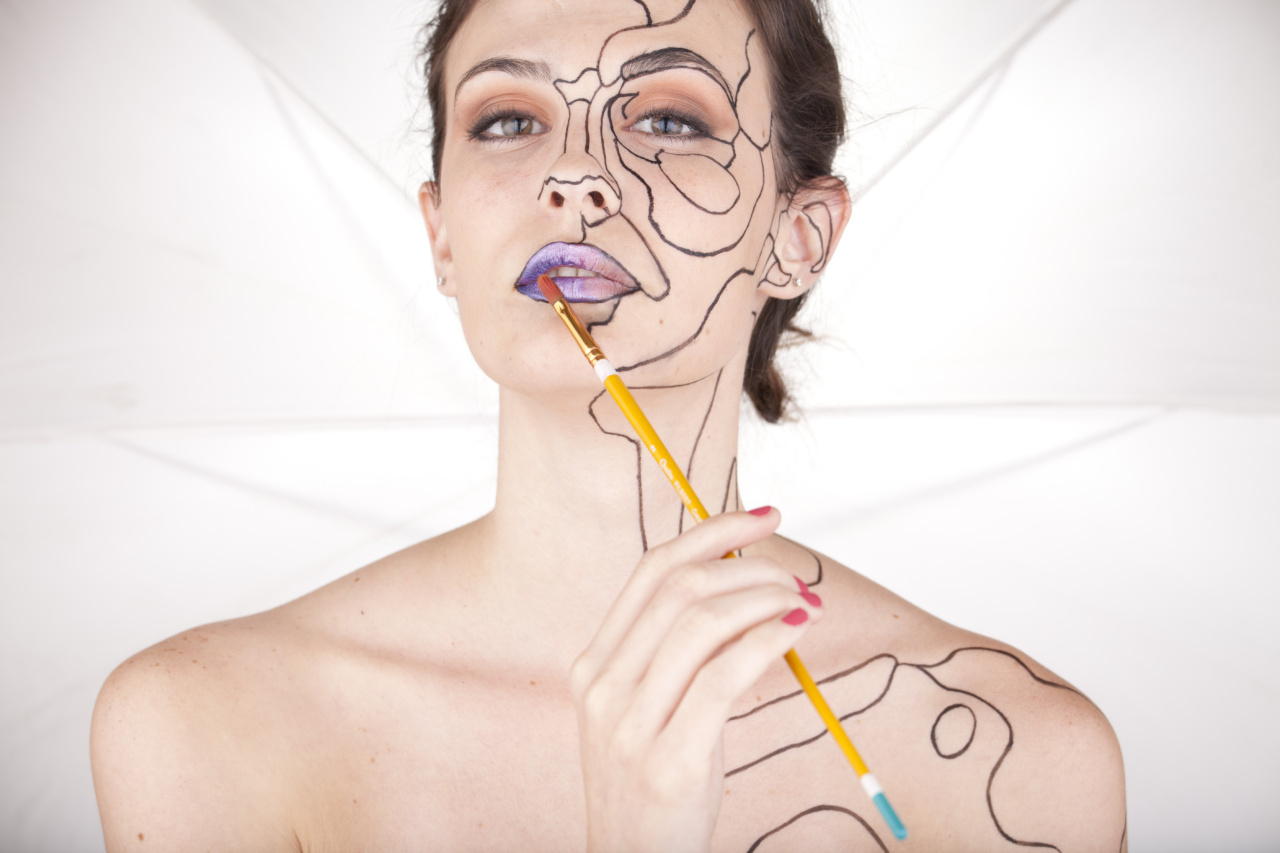The skin is the largest organ of the body and serves as a protective barrier against various environmental factors. However, there are several deleterious opponents that can harm the skin’s health and overall condition.
In this article, we will explore the seven most common culprits that negatively impact the skin and ways to mitigate their effects.
Pollution
Pollution, particularly air pollution, can have detrimental effects on the skin.
The tiny particles present in polluted air, known as particulate matter, can penetrate into the deep layers of the skin, leading to inflammation, accelerated skin aging, and an increased risk of skin disorders. To protect the skin from pollution, it is essential to cleanse it thoroughly, use antioxidant-rich skincare products, and create a barrier with moisturizers and sunscreens.
UV Radiation
Exposure to ultraviolet (UV) radiation from the sun is a major cause of skin damage. Prolonged and unprotected exposure to UV rays can lead to sunburn, premature aging, wrinkles, pigmentation disorders, and even skin cancer.
It is crucial to apply broad-spectrum sunscreen with a high sun protection factor (SPF) daily, seek shade during peak UV hours, and wear protective clothing to shield the skin from harmful UV radiation.
Stress
Chronic stress not only takes a toll on mental well-being but also affects the skin.
Stress triggers the release of stress hormones, such as cortisol, which can disrupt the skin’s natural balance and lead to increased oil production, acne breakouts, and skin sensitivities. Engaging in stress-reducing activities, practicing relaxation techniques, and maintaining a healthy lifestyle can help manage stress levels and promote better skin health.
Poor Diet
Unhealthy eating habits and a diet lacking in essential nutrients can negatively impact the skin. Consuming excessive amounts of sugar, processed foods, and greasy fast food can contribute to inflammation, acne, and premature aging.
On the other hand, a diet rich in fruits, vegetables, whole grains, and omega-3 fatty acids can promote skin radiance and overall health. Drinking adequate water is also vital to keep the skin hydrated and flush out toxins.
Lack of Sleep
Getting enough quality sleep is crucial for skin rejuvenation and repair. When we sleep, the body enters a restorative phase where it repairs damaged cells, produces collagen, and balances hormone levels.
Chronic sleep deprivation can result in dull skin, dark circles, puffy eyes, and an increased risk of skin disorders like eczema and psoriasis. Establishing a consistent sleep routine and creating a relaxing bedtime environment can help optimize skin health.
Cigarette Smoke
Cigarette smoke contains thousands of toxic chemicals that harm the skin. Smoking narrows blood vessels, reducing the oxygen and nutrient supply to the skin, resulting in a dull complexion, wrinkles, and a premature aging appearance.
Secondhand smoke can also negatively affect the skin. Quitting smoking and avoiding environments where smoking is prevalent can greatly improve skin health and prevent further damage.
Excessive Alcohol Consumption
Excessive alcohol consumption can have detrimental effects on the skin. Alcohol dehydrates the body, leading to dry, flaky skin and exacerbating existing skin conditions like eczema and rosacea.
Alcohol also dilates blood vessels, causing facial redness and a flushed appearance. Moderation is key when consuming alcohol, and staying hydrated by drinking water alongside alcoholic beverages can help mitigate its effects on the skin.
Conclusion
Protecting the skin from its deleterious opponents is crucial for maintaining its health and radiance.
By taking proactive measures such as minimizing exposure to pollution and UV radiation, managing stress, maintaining a balanced diet, getting enough quality sleep, avoiding cigarette smoke, and moderating alcohol consumption, individuals can effectively safeguard their skin and enjoy a glowing complexion for years to come.































